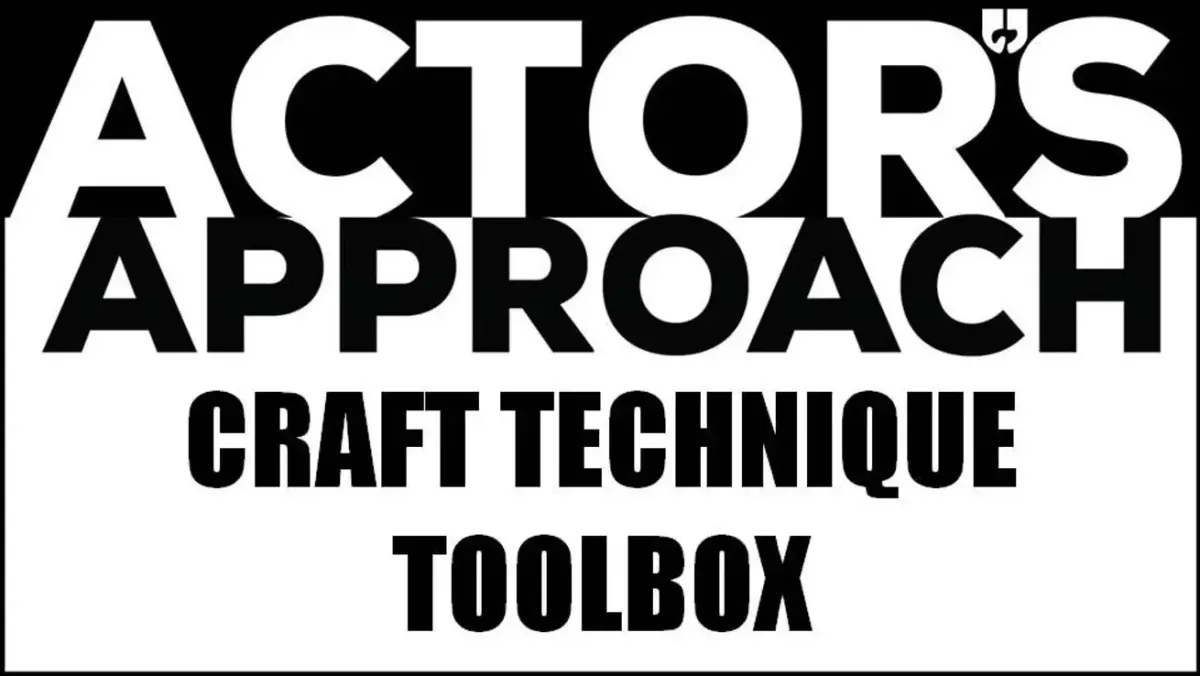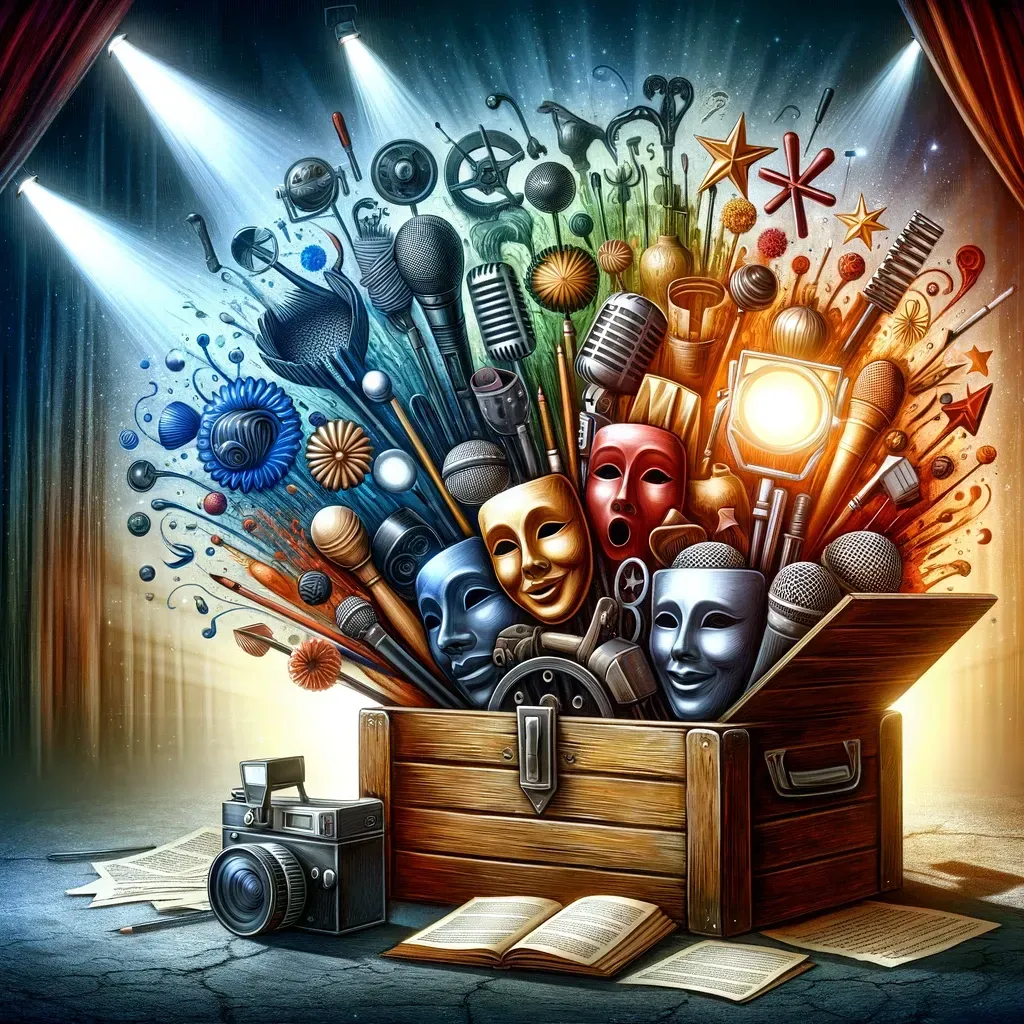
Explore Uncharted Territories of Creativity and Elevate Your Acting Career!
Crafting characters with the greats, the Actor's Approach Toolbox is packed with craft, technique and exercises used by the likes of Stanislavski, Chekhov, Meisner, Strasberg, Adler, Hagen, Morris and others. This essential toolbox is your guide to mastering the art and craft of acting.

Unlock Over 375
Videos

Dozens of Concepts, Techniques & Exercises
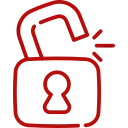
Lifetime Membership Access

Unlock Over 375
Videos

Dozens of Concepts, Techniques & Exercises

Lifetime Membership Access
Meet Jared Kelner
Hi, I'm Jared Kelner, actor, teacher, coach and founder of the Actor's Approach Toolbox.
The Actor's Approach Toolbox was born out of a deep passion for empowering actors with the necessary tools to excel in their craft. As an experienced actor and teacher, I recognized the need for a comprehensive resource that addresses the myriad challenges actors face in their pursuit of excellence. Thus, the Toolbox was created to provide actors of all levels with access to a wealth of knowledge and techniques developed by master teachers.
From seasoned performers to those just stepping into the world of acting, this platform offers invaluable insights and guidance to refine skills and elevate performances.
This database of knowledge is designed for anyone who is serious about honing their craft and maximizing their potential as an actor. From aspiring actors seeking to build a strong foundation to seasoned professionals looking to refine their skills, the Toolbox caters to individuals at every stage of their career.
Whether you're preparing for auditions, working on character development, or simply seeking to expand your repertoire of techniques, the Toolbox provides a comprehensive suite of resources to support your growth and development as an actor.
Joining the Actor's Approach Craft Technique Toolbox offers numerous benefits and resources for all skill levels that set it apart from other acting resources. With over 45 hours of craft technique training spread across 375 videos, members gain access to a treasure trove of knowledge.
Sincerely,
Jared Kelner - The Actor's Approach Toolbox
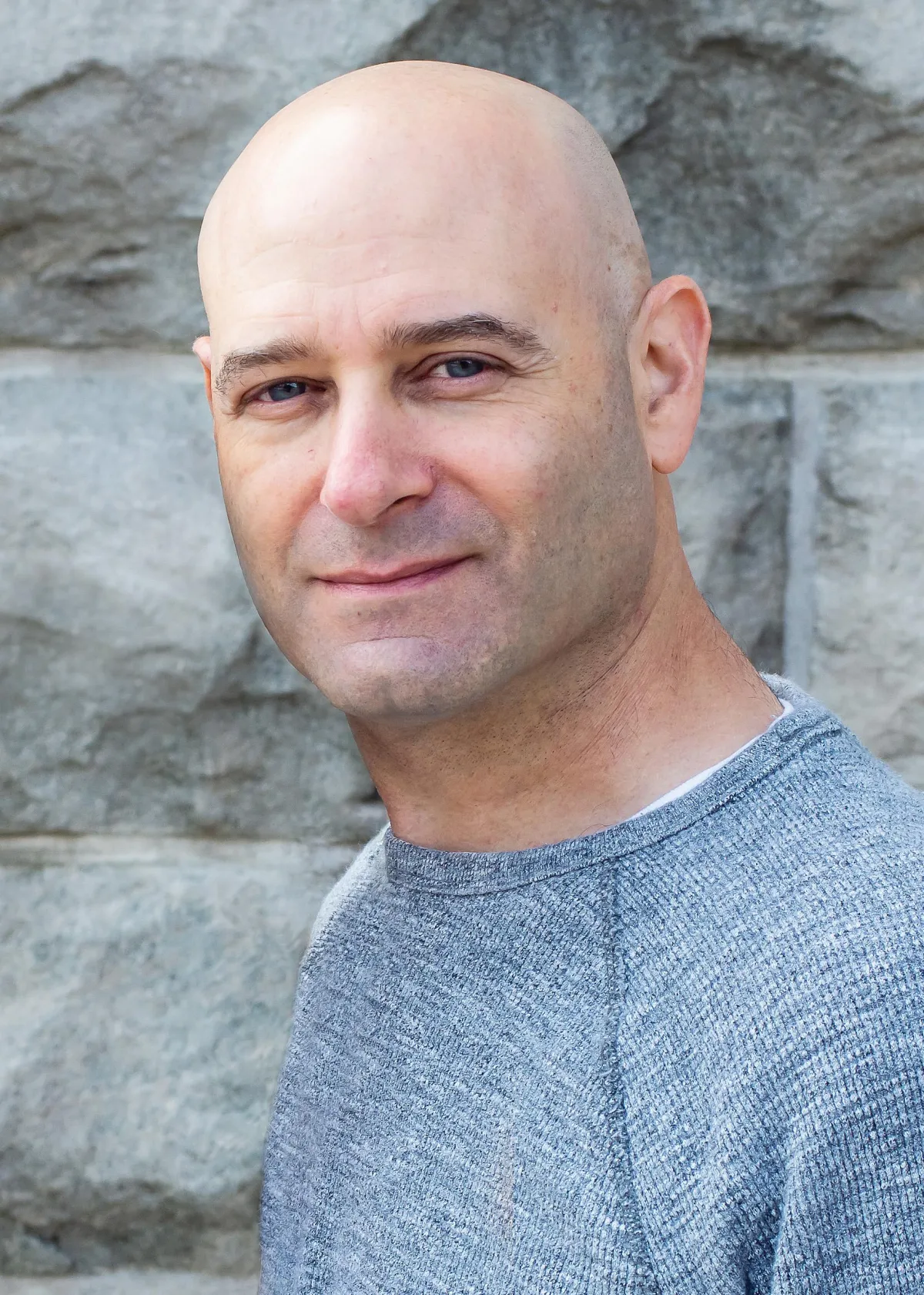
Join The Actor's Approach Toolbox Now!
45+ Hours Including Over 375 Videos Packed With Acting Craft, Techniques, Training And More.
What Our Students Have To Say...
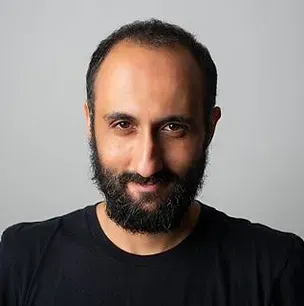
Garen Darakjian
The Actor's Approach Craft Technique Toolbox is a revolutionized library for every actor and performing artist! A "must" Toolbox which will assist to overcome any obstacle an actor might face during his journey. Highly recommended!

Nureen Lakhani
The Actors Approach Craft Technique Toolbox has really helped me improve my ability to act more confidently without overthinking it. The simplicity of the techniques I have learnt have allowed me to adopt new methods of acting - effortlessly. Jared is an excellent guru in this artform and his teaching style was open, transparent and communicative.
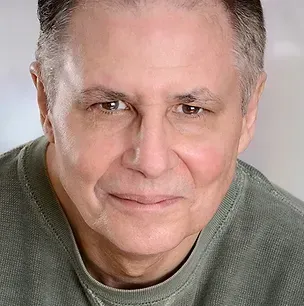
Russ Ortiz
The Actor’s Approach is a remarkable resource that provides instruction, guidance, insight, and an incredible amount of knowledge about the craft of acting. The tool contains a universe of information and is a nexus between instruction and application of acting principles. The platform is a comprehensive and user-friendly source for anyone interested in the acting craft.
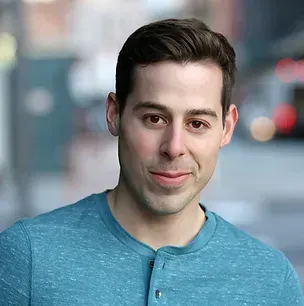
Joseph Lacerda
I have never come across an online platform that teaches acting from the master teachers as well as The Craft Technique Toolbox. The highly knowledgeable instructor breaks down the content in a user-friendly video format that you can watch, pause and replay at your convenience. The tool box offers a wide variety of options and techniques to help you bring a character to life truthfully. Epiphanies are in every video. I have been waiting for an online platform like this to continue building my actor’s toolbox and navigate my craft. This toolbox should be on every actors computer & mobile phone. I am incredibly grateful to have found this affordable resource.
Two Guys Talking Craft
Join us on the Two Guys Talking Craft podcast as a guy from New Jersey and a guy from Scotland share our thoughts and experiences of a variety of different acting techniques. Actionable exercises and instantly applicable skills guaranteed!
Two Guys Talking Craft
Join us on the Two Guys Talking Craft podcast as a guy from New Jersey and a guy from Scotland share our thoughts and experiences of a variety of different acting techniques. Actionable exercises and instantly applicable skills guaranteed!
The Actor's Approach Library
A Peek behind The Curtain, Explore The Material Behind The Toolbox
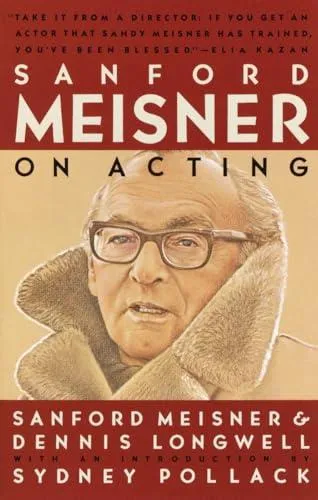
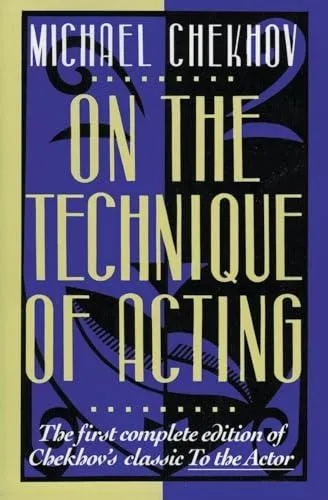
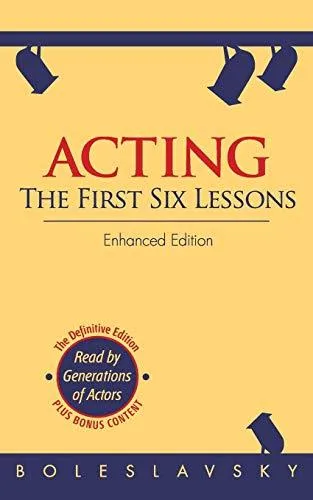
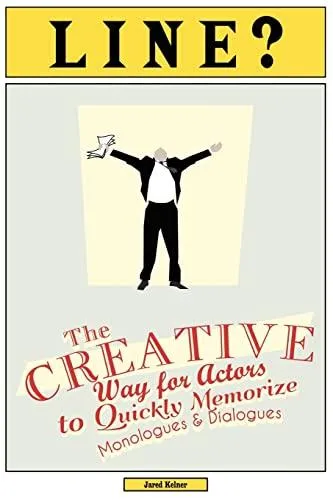
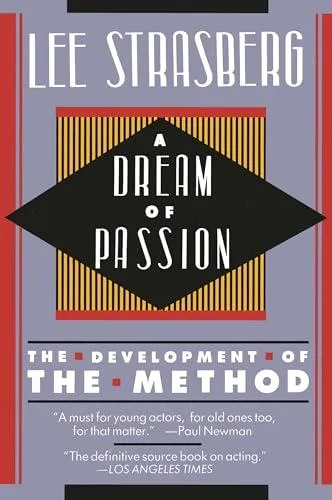
Actor's Approach Newsletter
Dive deeper into acting mastery, elevate your craft with our monthly newsletter. Get Insider Insights, exclusive tip, tricks and more from The Actor's Approach Toolbox!
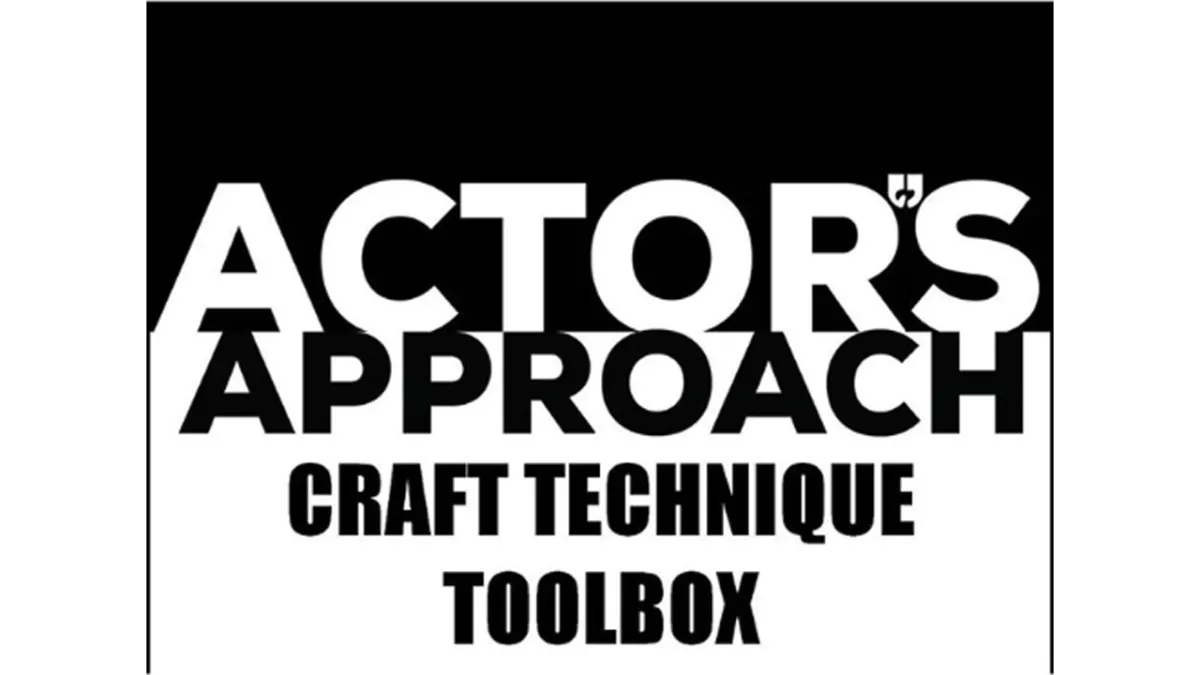
Acting Lessons From First Responders
Transform Your Acting Through A First Responder Approach
Actors can learn so much from the courageous First Responders all across the world that run into the fires, jump into the waters, and climb into the wreckage to save lives. Every day they make a difference.
If you stop and think about what it takes to be a skilled and certified First Responder and apply those core lessons and values to your art and craft of acting, I personally believe you will transform and elevate your work on camera and on stage to levels you never thought possible.
Let's explore 11 First Responder lessons and see just how to apply them to acting to transform your work.
1. Have a Passion For Your Profession
People do not become First Responders without having a deep passion to serve the citizens of their community. It's something that lives deep inside their bones. It's a part of their identity and they wear their uniform with pride. They eat, sleep, drink, and literally bleed for their profession. They are ready to jump out of bed at 3am and run into the fire. They have a passion for being a First Responder that runs through every cell in their body.
You must also have a passion for acting, theater, film, TV, script reading/writing, movement, voice, etc like First Responders have for their profession. You must have an unquenchable thirst to live, breathe, eat, dream, bleed acting that can never be satiated. Acting should be the first thing you think about when you wake, the subject of what you talk about and think about throughout the day, the last thing you think about before you close your eyes at night and the content of your dreams. You are an actor 24x7x365.
2. Get Trained and Get Certified
You cannot be a Firefighter, a Paramedic, a Nurse, a Doctor, a Police Officer without training and without certification. First Responders never stop training. They are required to always work on their skills. They have tests to pass to enter the profession and tests to pass to maintain their certifications. Without training and certifications, First Responders would not be permitted to do their job.
The same holds true for actors. If you are attempting to become an actor without training, you are setting yourself up for failure. You must respect our art and craft and you must seek and acquire training. Take classes from quality and qualified teachers and learn as much as you can. Enter drama schools and earn you certification or degree. Put in the countless hours to train, train, train. And then train some more.
3. Practice Your Essential Skills
First Responders are always running training simulations to practice what they've learned. They are always honing their skills so when they are in the field, they will perform at the top of their game. And they do this because lives are at stake.
If you are only working on your craft when you are cast in a play, a film or a TV show, then you are setting yourself up to fall short during the performance. You should work on your craft every day regardless if you are employed or not. Memorize a new monologue every week. Explore Sense Memory every day. Do your vocal exercises every day. Find moments throughout the day to read a new script, work on a new tool, etc. Always practice your skills.
4. Trust Your Training and Impulses
If First Responders second guess themselves in the field, they potentially put lives at risk. This is not to say that First Responders do not think before they act and that they solely rely on their impulses, but after all the training they've had, when they are called into action, their bodies and minds have been well trained and well conditioned to trust that they know what they are doing. This trust in their abilities and impulses because of their training is what saves lives.
As a trained actor, you should trust your training and trust your impulses while performing. If you have no training and you're simply "winging it" then you put yourself and the production at risk. And this is why training is so important for you to be a professional actor capable of doing your job. So, once you've trained and have a solid process for approaching the material that is reliable, dependable and repeatable for you, then when you step on stage or in front of the camera, allow yourself to trust that you are on solid ground. Trust your instincts, be present and listen and respond with truthful impulses.
5. Take Care Of Your Body and Mind
If a First Responder is physically incapable of doing their job, people can die. If a First Responders' mind is conflicted and distracted, people can die. This is why First Responders take time every day to exercise, eat right, talk to therapists, and stay physically and mentally healthy. They know how important it is to have strength to do their job and they work at it every day.
Actors often abuse their bodies with various substances and often use acting in a play to work out their personal psychological demons. This is so unhealthy for the actor and ultimately this affects the production. An actor must take care of their body and mind. They must exercise. They must eat well. They must warm up their voice. They must seek support from therapists to help them deal with past traumas that block the actor from accessing parts of their emotions and imagination that are required for the job. Actors must care for their bodies and minds or they will burn out long before they should.
6. Run Towards The Pain and Fear
First Responders are brave and they run to those in need. They jump in the waters. They climb into the rubble. They rush into the fire. They run towards the screams. If they didn't, people would die. They push forward to save lives.
Many actors run away from the dark emotions. They know that if they stop, breathe and think about the losses in their lives, that they will feel something deeply and they back away from that feeling out of fear or in an attempt to protect themselves, but as an actor, you must not run from your fears. You must run towards them because that which you fear the most is the source of your talent. When the emotions begin to surface, open your heart and allow them in. Don't close off. Run into the emotional fire. That is where you'll find growth.
7. Observe Everything Around You
First Responders keep their eyes wide open and are constantly scanning the landscape to ensure they are 100% present and ready to respond to the surrounding stimuli. They see what is happening in front of them. They listen for people screaming for help. The smell the air to guide them to the smoke or gas leaks. They feel the heat through the walls to become aware of impending danger. They use all their senses to observe their environment to help them be nimble and ready to respond. If they fail to to be hyper-observant to everything around them, they risk walking unknowingly into harm's way.
An actor must also be hyper-observant to the realities in front of them or they risk missing something that the audience sees or delivering a pre-planned response that the audience experiences as something disconnected to the realities on stage. It is so important for an actor to allow the reality in front of them to be the driving force that impels a truthful response in them and if an actor is not observing their surroundings, they will fall short in delivering an honest performance.
8. Work as a Team
First Responders know the importance of teamwork. They train together and they work together as a team to save lives. They rely on each other to be the support system needed to ensure everyone's safety and security. A trusted partnership with the team is what makes a successful mission. First Responders embrace teamwork to get the job done.
Sadly, there are so many actors that are in it for themselves and they put their selfish needs and ego above the cast and above the production. These actors are the ones that earn bad reputations. Actors must learn that they can only truly succeed when the entire production succeeds, and that includes everyone involved from the Key Grip, the Best Boy, the Show Runner, Craft Services, the DP, the Stage Manager, the Usher, the Costar, the Costume Designer, and on and on and on and on. You may be the star of the show, but without a team of dedicated and talented artists and technicians supporting the production, success cannot be achieved. The team is what matters.
9. Be Prepared to Adjust To Accomplish Your Goals
First Responders have been well trained so they know how to quickly adapt to the ever changing environment. They may go into a burning building with a plan, but when the roof collapses, they pivot and find a different path to those trapped inside. First Responders don't walk away when their first plan doesn't work. They find a new solution to the problem. They assess the new obstacles and adapt to save lives.
Actors must be adept and skilled in the area of Objectives and HOW to go about achieving the Objectives. We all know that the Objective is what the character wants, what they are fighting for, the driving force behind all they do. But if an actor goes about getting that objective in only one way, then the audience experiences a one-colored performance. An actor must be able to fight for their Objectives in any number of ways. They attack, they lure, they flirt, they demand, they submit, they deceive, they confront, they embrace, they teach, they protect and on and on. An actor should always be able to find new ways to go after their Objectives.
10. Always Put The Public First
First Responders put the public first. Of course they try their best to not injure themselves, but they do put themselves in harm's way often because their job is to protect and rescue those in need. Their personal safety often times is secondary. That is one of the many things that make First Responders so courageous.
An actor must never forget that the audience and the audience's experience is ultimately what matters. Your job as an actor is to bring the story to life so it can be experienced by the audience. We practice in our rooms and by ourselves or in classes, but the job of an actor is to act, to entertain, to educate, to transform, to challenge the audience, NOT themselves. And just because you're crying on stage does not mean you're doing good acting and affecting the audience. Never make yourself and your emotional life more important than the audience's experience. They have paid money for you to do your job in a manner that creates an experience for THEM, not for YOU.
11. Debrief After The Mission
First Responders always take time to reflect and discuss what they just did out in the field. They learn from their mistakes and they gain a deeper understanding of how to serve the public better next time. They openly share with their team what they experienced so the team can all learn, grown and improve.
Actors must become self aware and gain a full understanding of how their work was received by the audience. Director's Notes after rehearsals are the most important gifts that an actor can receive to help them bring truth to the stage. Talking with cast-mates after a performance about what worked and what didn't will help elevate the next show. Being open to receive feedback with no ego is a skill all actors must develop in order to continuously grow.
And there you have it. 11 critically important lessons from First Responders that can dramatically improve and transform your acting.
What did you learn from this blog?
What are you going to put into practice today?
How have you been changed?
To learn more, consider joining the Toolbox where you'll be able to watch over 45 hours of acting craft training across 375 videos that teach you practical and attainable craft techniques.
So, if you're not a member of the TOOLBOX yet, please consider JOINING THE TOOLBOX.
If you're not ready to join the Toolbox, but want to keep learning more, please sign up for our email list HERE and scroll to the bottom of the page to fill out the form.
I hope this post has inspired you in some small way. I look forward to reading your comments.
Bye for now and Stay Safe My Fellow Travelers.
See you inside the Toolbox.
Email: [email protected]
Website: http://www.actorsapproach.com
Linktree: https://linktr.ee/actorsapproachcrafttoolbox

Home | Explore The Toolbox | Blog | Podcast | Shop | Contact
Terms & Conditions | Privacy Policy | 2025 Actors Approach©

